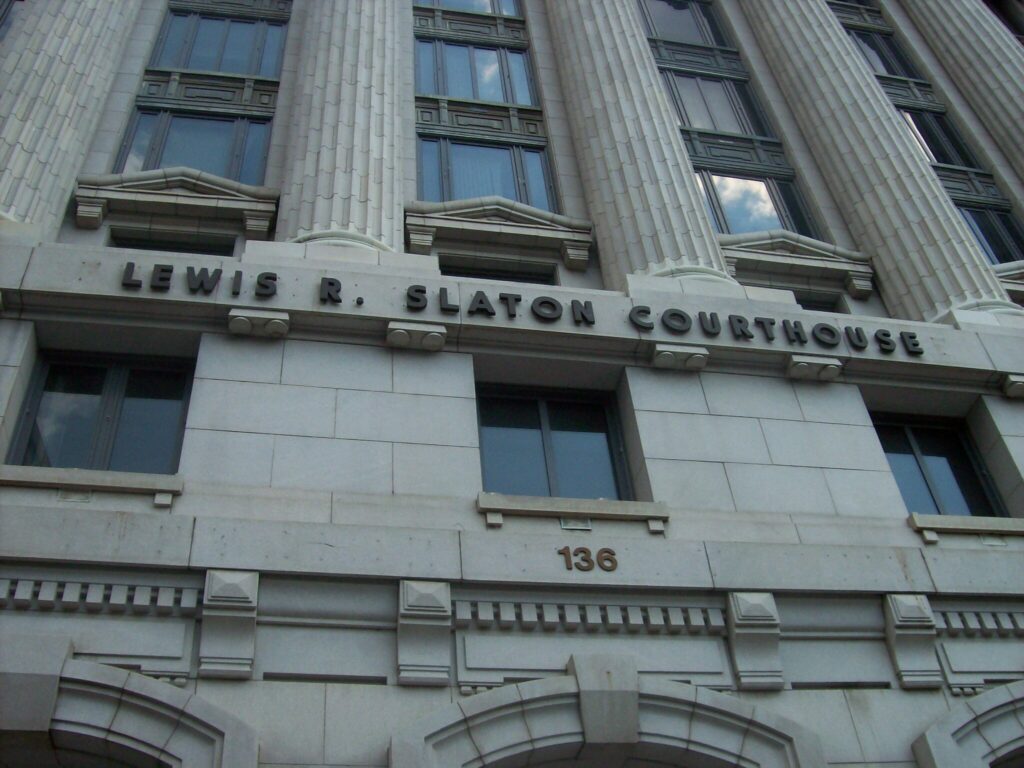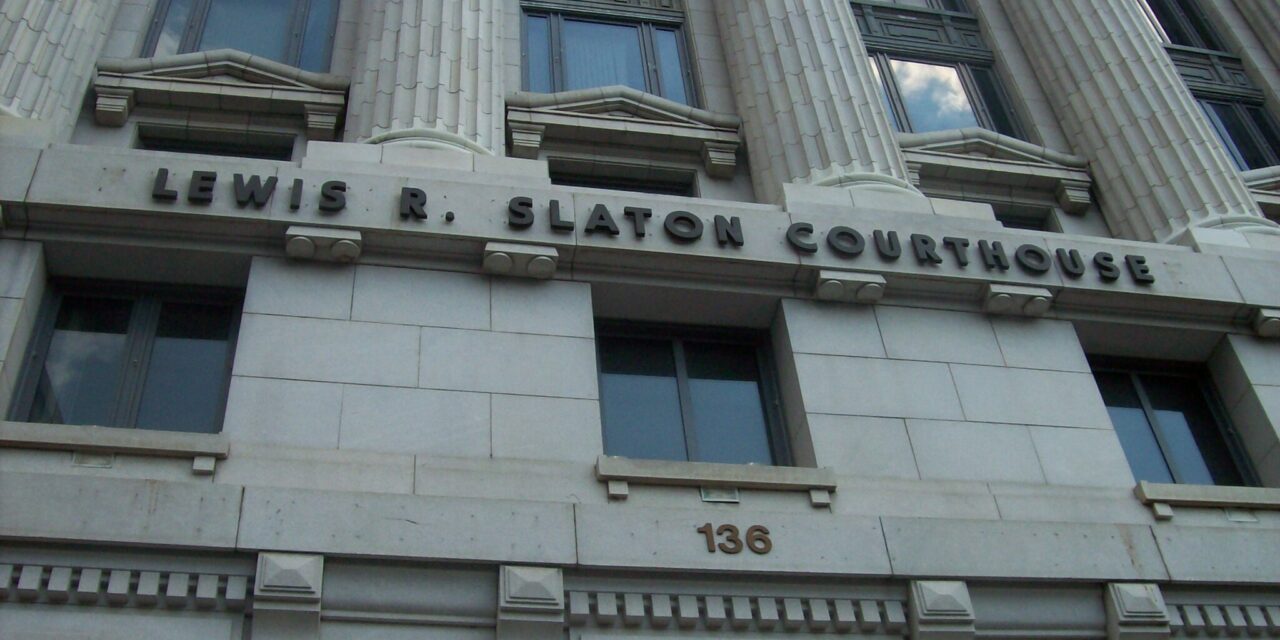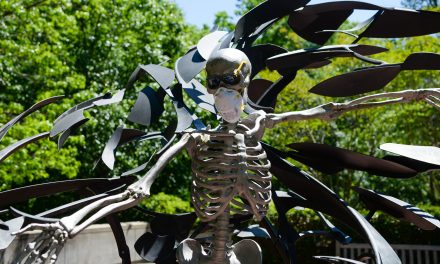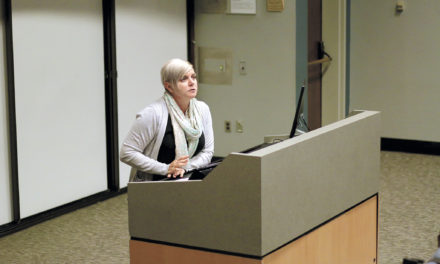Fulton County District Attorney Fani Willis (96L) recently disclosed in a court filing that she and Nathan Wade, a special prosecutor for the Georgia election interference case, have had a “personal relationship” since 2022 but denied any wrongdoing. In the filing, Willis claimed that she has “no financial conflict of interest that constitutes a legal basis for disqualification.”
Willis is leading the investigation into former U.S. President Donald Trump and his alleged attempt to overturn the results of Georgia’s 2020 presidential election results.
Emory University Associate Professor of Political Science Bernard Fraga said that he believes Trump’s indictment will have minimal effect on the race. He added that Trump’s supporters will likely point to the affair between Willis and Wade as further evidence of a “witch hunt” to prevent the former president from running in the 2024 election.
“This is just further evidence in their lungs [that] the entire thing was illegitimate,” Fraga said. “But the reality is that this, in a sense, has very little bearing on the legitimacy of the case itself.”
Defense attorney Ashleigh Merchant, who is representing Trump and co-defendant Michael Roman, moved to have Willis and Wade disqualified from the case last month. Fulton County Superior Court Judge Scott McAfee subpoenaed the pair to testify on Feb. 15.

Fulton County District Attorney Fani Willis admitted a
“personal relationship” with a special prosecutor. (Courtesy of Wikimedia Commons)
Georgia State University Assistant Professor of Law Anthony Michael Kreis, who previously lectured at Emory University, said that witnesses will testify to the “veracity” of Willis and Wade’s statements on Feb. 15. Additionally, he said that the lawyers will litigate the question of what constitutes a relationship.
“Everybody’s definition of a relationship is different,” Kreis said. “When does the relationship begin? When is it just flirting? When is it a one-off encounter?”
In court documents Merchant filed on Feb. 2 in response to Willis’ court filing, she claimed that Wade met Willis at a conference in 2019. She questioned if Willis and Wade began more than “just a friendship” when they first met.
However, Wade affirmed in an affidavit that he did not form a personal relationship with Willis in addition to their “professional association and friendship” until 2022. He also asserted that he never shared financial accounts or household expenses with Willis.
“I have no financial interest in the outcome of the 2020 election interference case or in the conviction of any defendant,” Wade wrote in the affidavit. “No funds paid to me in compensation for my role as Special Prosecutor have been shared with or provided to District Attorney Willis.”
Willis hired Wade in November 2021 to lead the team of prosecutors in the investigation into Trump and his associates for allegedly being involved in a “criminal racketeering enterprise” in an attempt to overturn the outcome of Georgia’s 2020 presidential election. Trump has called the case a “scam” on his social media platform, Truth Social.
Kreis said that the potential for the relationship to be unethical lies in Willis possibly profiting off employing Wade, who has gifted her what Merchant wrote were “romantic trips.” He added that the crucial point of the case hinges on whether their relationship started before or after Willis hired Wade.
“If the relationship started well after or after she hired him, then it’s a non-issue because there’s no claim that she hired him with the intention of getting a kickback, with the intention of benefiting from the investigation and subsequent prosecution,” Kreis said.
In an email to The Emory Wheel, Wake Forest University School of Law (N.C.) Professor of Practice Ellen Murphy wrote that Willis and Wade’s relationship is not illegal or a violation of the Rules of Professional Conduct, which govern lawyers and outline disciplinary measures.
“It is not a reason to disqualify or remove either DA Willis or Attorney Wade from the case,” Murphy said.
Although there may not be a legal concern, Murphy, who is a member of the North Carolina State Bar Ethics Committee, wrote that the relationship “demonstrates poor judgment.”
Kreis expressed a similar sentiment, explaining that it is unlikely that Willis will be removed from the case. However, Fraga noted that although Trump will likely not be barred from running in the 2024 presidential election, the case is still vital.
“Just because it’s not something that will sway the outcome of the election doesn’t mean that it’s not important in terms of preserving the legitimacy of the legal system,” Fraga said.
Spencer Friedland (26C) is from Long Island, New York and is the Emory Wheel's Managing News Editor. He is a Philosophy, Politics and Law major and has a secondary major in Film. Spencer is also a part of the Franklin Fellows program at Emory.






